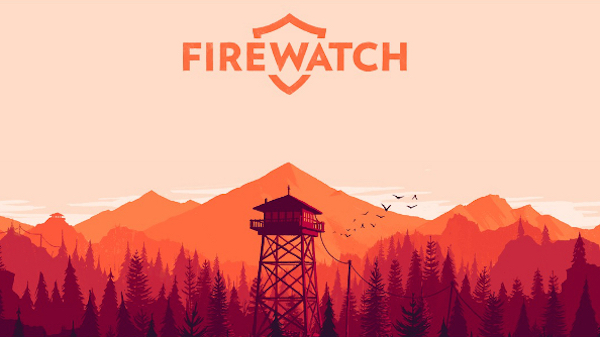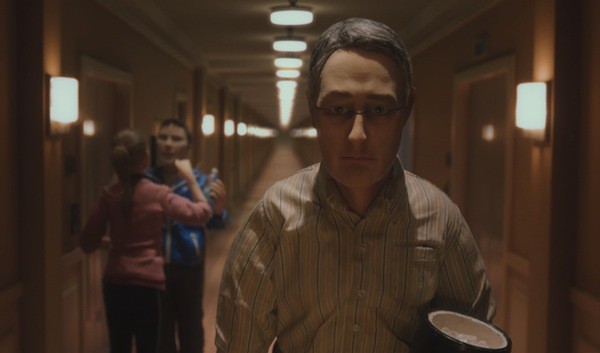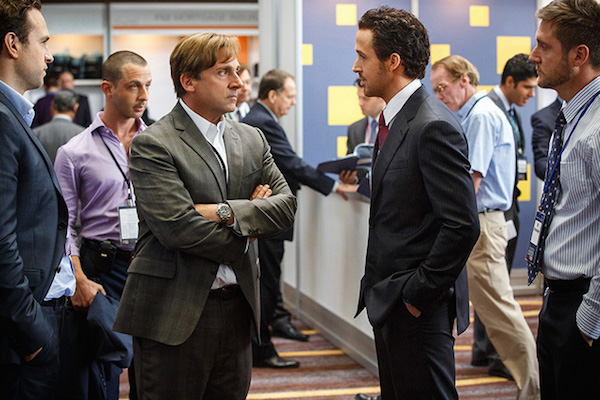
Because the desert island question is too easy.
If you asked most people to name their top 5 albums, they probably have a rough list in their head ready to go. But why? My theory is that the albums you will love the most for your whole life only come at important times in your life that allow you to 1) relate to them deeply, as well as 2) spend a lot of time listening and re-listening to them.
But what about your top 5 bands? If you settle on a few of those after a lifetime of listening to music, how do you choose which album by those bands is your favorite? Again, a theory: it is very, very hard for any album, even by your favorite band, to surpass the connection you have with the one specific album that cemented them as one of your favorites.
This means that rarely is it the first album you hear (though sometimes it is, if that one speaks most to you and is a fully realized version of that artist). More often, you will be introduced to a band with an album and start to love them. But a later album will be the one that seals the deal. And once that happens, no other album will ever quite live up to that mark.
However, that is more a function of your relationship to the band than the actual album’s quality. The album you love the most is not necessarily their best work, objectively.
For example, I am a huge fan of The Mountain Goats, a band with a huge catalog and literally dozens of albums. I discovered them in college, well into their career, and heard enough of their early tracks to grow interested. But with the release of Tallahassee, the first full album I owned, I had a musical step forward from a band I already liked, a tight thematic package about a crumbling relationship, that I could play over and over as I read, wrote, or studied — as well as sulked, as I went through various relationship troubles of my own.
If you polled all Mountain Goats fans, the majority opinion might be that an earlier album like All Hail West Texas may have some of the most poignant and memorable songs in their whole catalog, and capture them at the peak of their lo-fi period. Or they might say that The Sunset Tree was the most personal, intimate, and moving while capturing both a totally coherent sound and emotional narrative. It may be their real masterpiece. But for me, it will always be Tallahassee. It’s the work that cemented their place in my heart, and so my relationship with that album supersedes any discussion of objective merit.
So instead of just sharing favorite albums — which doesn’t lead to a very long or interesting conversation, really — ask yourself:
What is your favorite band’s best album? Why do you think so?
What personal connection do you have to that album that might make it your favorite and not the consensus pick? What’s the story behind your choice?



